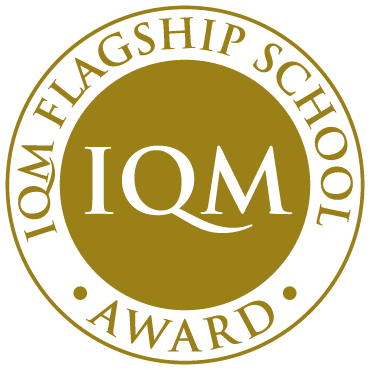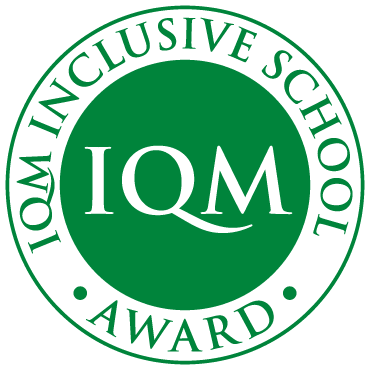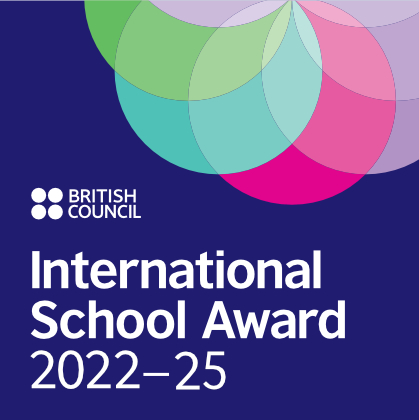Global Learning
Global Learning and International Schools
Global Learning

Intent
We are lucky to have such a diverse school. It is important for children to understand what diversity is and why it is important.
Global learning is essentially education for a fair and sustainable world.
In other words, a world free of poverty where all human beings are treated with respect and dignity and where individuals, communities, businesses and countries behave in a way that meets the needs of the present without compromising the needs of future generations.
Global learning helps pupils make sense of the increasingly globalised, complex and rapidly changing world in which they live.
It enables pupils to think critically about world issues and to develop an awareness of the impact our own actions can have on others. A holistic approach to global learning equips young people with the essential knowledge, skills, attitudes and dispositions that will enable them to realise their potential and make a positive contribution to our world.


Implementation
Through a cross curricular, broad and balanced curriculum, Global learning provides a range of outcomes for pupils. From Early Years to Year 2, pupils are able to develop a range of skills across many different areas, including knowledge & understanding, skills & capabilities, and values & attitudes. Pupils will be exploring and will become increasingly aware of fundamental concepts such as social Justice and Equity, Globalisation and interdependence, and the importance of challenging injustice and inequality. They will be developing the ability of thinking critically while learning empathy and sense of common humanity.
Early Years - Children will be encouraged to reflect on the difference between ‘fair’ and ‘unfair’, ‘right’ and ‘wrong’. The will begin to experience some sense of immediate and local environment and to develop awareness of different places. They will experience and deal with concern for others in the immediate circle. They will learn the sense of ‘fair play’. They will begin to learn how to listen to others and ask questions.
Key Stage 1 - Pupils will begin to develop some awareness of wealth and poverty as well as some sense of the wider world. They will begin to identify links and connections between different places. They will begin to look at different points of view and to develop an inquiring mind. They will also begin to develop interest in and concern for others in wider sphere. They will also begin to experience some sense of personal indignation and the willingness to speak up for others. We have been taking part in International Education week which takes place during the beginning of the academic year and International week which takes place towards the end of the academic year. These dedicated weeks are opportunities for children to be fully immersed into global learning and understand the importance of making connections from around the world. Teachers have embedded the international element firmly into the curriculum through these dedicated weeks as well as making links within other subjects through focused cross curricular activities, aimed at raising awareness on crucial global issues while challenging misconceptions about different cultures. Teachers across all year groups have been planning lessons with strong cross-curricular international links, and age appropriate focus books have been selected accordingly. All members of our very culturally diverse school community have been involved in the project, and their strengths and areas of expertise have been fully utilized in many ways. Children have been exploring and discussing important global and local issues through engaging and fun activities that have stimulated their curiosity and enthusiasm for the new topics and promoted socialization and physical activity both in and outside the classroom. As a fantastically multicultural school, many of our children in the classes hail from the countries we are studying and are excited about being able to share their expertise of their home country.

Impact
The constant cross-curricular element, on which the Global learning is based, enables children to explore, develop and consolidate a wide range of vocabulary across different subjects: English, Geography, History, Art, PHSE, Science. Children develop their listening and speaking skills as well as their reading and writing. A Global Learning based curriculum opens up a variety of writing opportunities.
International Schools
Intent
We aim to prepare our children for life as global citizens with a good understanding of global community. We want our children to experience diversity and appreciate the value of inclusiveness not only within our Yeading family, but across the globe.


Implementation
At Yeading Infant and Nursery school, we are proud to celebrate the diversity that exists within our school. As a school, we ensure that every child from any diverse community is nurtured, celebrated, and feels secure. Since 2007, the international element has been firmly embedded into the core of our curriculum. All planning of work includes a cross curricular international link. Since last June 2021, the Connecting Classrooms Through Global Learning project has enabled teachers and children to establish a partnership of goals with schools from abroad to learn about different countries and cultures. The first part of our project is aimed at allowing us to get to know each other's culture, including festivals, typical food, national outfit, and nursery rhymes. Photos and videos were uploaded through the padlet and shown in class in each school. The second part of the project focused on Year 2’s exchanging pen pal letters and sharing what they did for the Queen’s Diamond Jubilee with a school in India. Last year, we won the International schools award from the British Council after being recognised for our work related to global learning and links.

Impact
The International Schools projects allow all our children across the different year groups to develop a greater awareness of different countries and their place in the world. The age appropriate class based activities enable children to develop enquiry skills and broaden the children’s knowledge of the world. They have the opportunity to compare their own experiences with those of schools from other countries. They can relate more easily to those children from widely differing backgrounds and they developed an awareness of similarities and differences.












